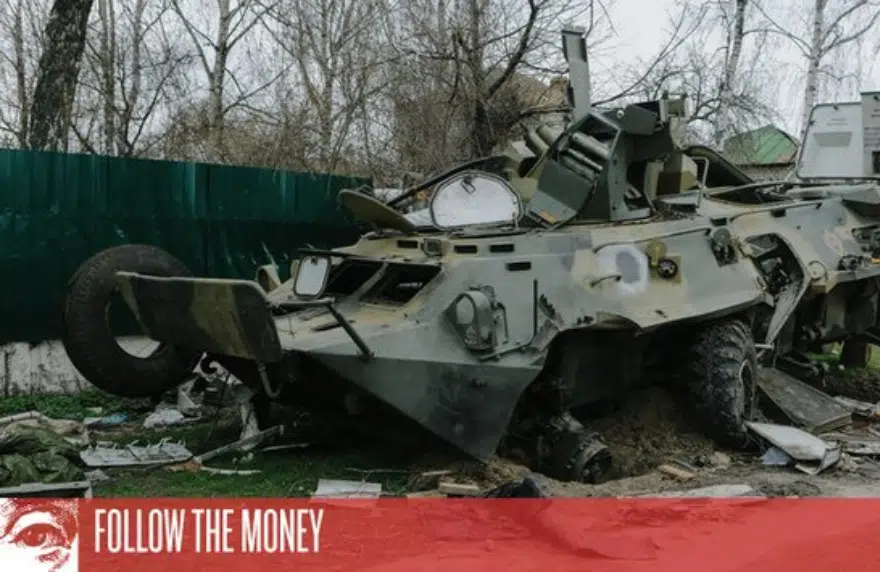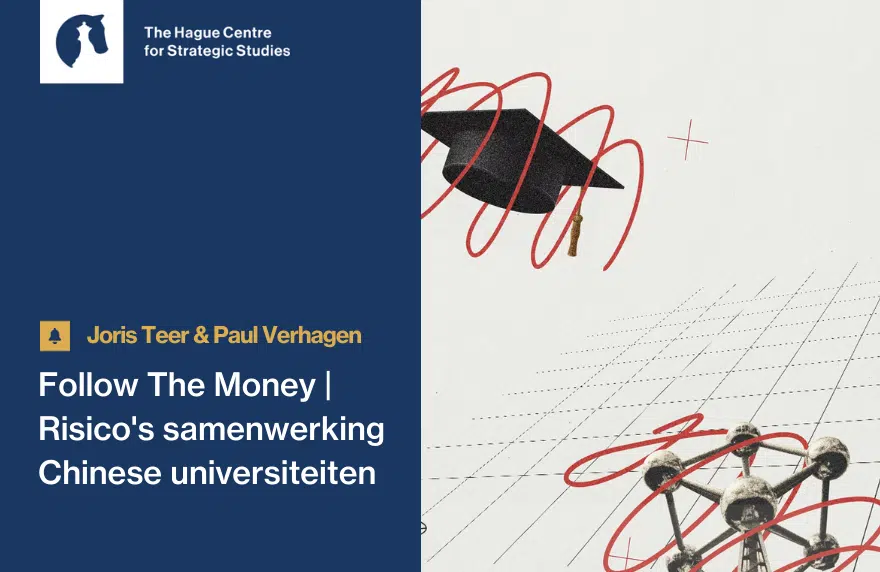Het Russische militaire apparaat is een afspiegeling van de Russische economie, die door corruptie en ondanks enorme bodemschatten nooit goed tot ontwikkeling is gekomen. De vastgelopen invasie van Oekraïne toont niet alleen de zwakte van het militaire apparaat, maar ook die van Rusland als geheel. Het land is uitgehold door corruptie en afhankelijk van het buitenland voor cash, tech en modernisering, schrijft Krijn Schramade in een analyse voor Follow The Money.
Voor de Russen is terughoudendheid daarom geboden, vertelt Paul van Hooft, senior strategisch analist van HCSS: “De productie van de geavanceerde raketten is in gevaar door de afhankelijkheid van westerse geavanceerde onderdelen, zoals chips en moederborden, die de raketten wendbaar en doelgericht moeten maken”. Door sancties is het Westerse bedrijven niet meer toegestaan om deze onderdelen te leveren aan de Russische wapenindustrie.
Als gevolg van de dreigende schaarste aan geavanceerde munitie moet Rusland terugvallen op minder geavanceerde wapens – en doet het met domme bommen, clustermunitie en tactiek van de verschroeide aarde een stap terug in de tijd.
“Moderne wapens hebben heel veel onderdelen”, vertelt Van Hooft aan FTM. “De kwaliteit van Russische chips en processoren is niet geweldig. Die moet Rusland voor haar moderne wapensystemen uit het buitenland halen.” Computerchips fungeren als hersenen van moderne elektronica en zijn essentieel voor moderne wapensystemen als gevechtsvliegtuigen.
“Vroeger was met geld en meekijken bij de concurrent veel mogelijk in het kopiëren van wapens, maar die tijd is voorbij”, vervolgt Van Hooft. “De ontwikkeling en productie vereisen ook veel kennis en organisatiecapaciteit.”
Lees het hele artikel door Krijn Schramade bij Follow The Money.






